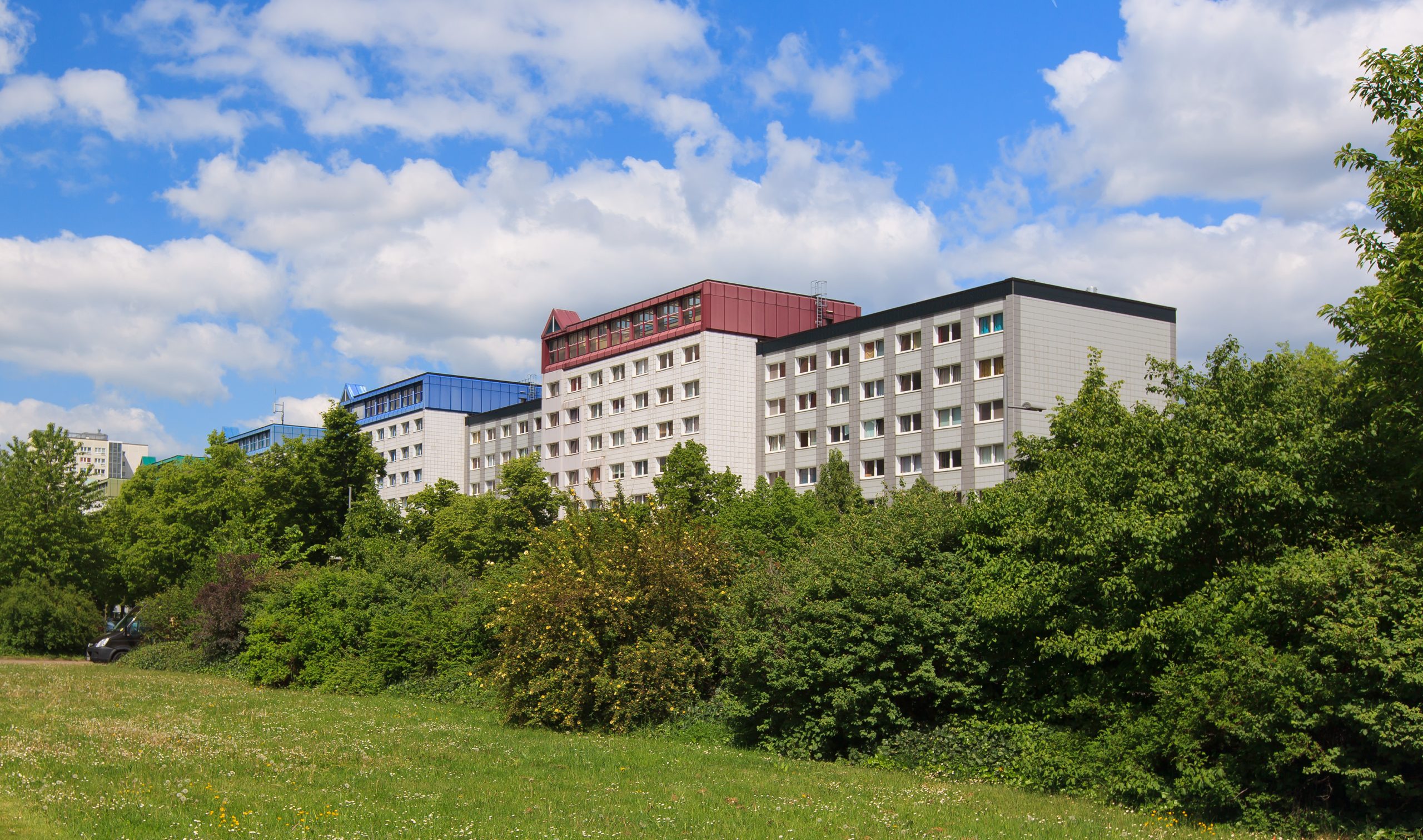
The Free State of Saxony and the Saxon Studentenwerk organisations signed an agreement. They agreed upon the distribution of subsidies that allow Studentenwerk organisations to plan their refurbishments in a financially more secure way.
On 29 August, the Saxon Minister for Science and Arts, Dr. Eva-Maria Stange, and the directors of the four Saxon Studentenwerk organisations have signed an agreement. Among other things, the agreement stipulates the distribution of the € 7 Million investment grant between the four Saxon Studentenwerk organisations by 2020.
Studentenwerk Leipzig will receive € 2.4 Million, of which € 1.6 Million are a state subsidy for refurbishments in Leipzig's biggest student hall of residence. The agreement also aims at providing a more stable planning security for the Studentenwerk organisations in terms of budgeting.
On this basis, Studentenwerk Leipzig now plans the refurbishment and modernization of student halls of residence Straße des 18. Oktober 23 to 33. With 1,090 rooms this housing complex is the biggest student residence in Leipzig. Residence house no. 33, with 200 rooms, will have its mechanical and electrical services renewed; sanitary installations, kitchens and floors will be modernised and furniture will be replaced entirely. The construction work is scheduled to begin in March 2020 and to be completed by September, which promises the reletting of rooms by the beginning of winter semester 2020/21.
Because of the Free State's subsidies, it is possible to keep the rents low at student halls of residence, even after refurbishments. Without state grants, however, Studentenwerk Leipzig would have to allocate construction costs to rents. This would cause the rent to increase by € 28 per room and month after modernization is completed.
At the moment and in the next years, an increasing number of refurbishments and replacement investments are needed in the student halls that were moderinzed with project funding after the German reunification in the 1990s. During current modernization measures it became clear, however, that the savings generated from rents do not suffice for replacement investments and major maintentance measures fincanced by Studentenwerk Leipzig's capital resources alone.
In order to keep rents in student halls fair and low, state subsidies for pending modernization measures are obligatory.
The Saxon Federal Minister for Science and Arts, Dr. Eva-Maria Stange, stresses “I'm glad that with these subsidies, for the first time in many years, a new student hall of residence can be built. The state government and the state parliament have increased the financial means for the four Saxon Studentenwerk Organisations tremendously; to also improve the constructional and technical quality of student restaurants and student halls. The planned investments are investments in Saxony's attractiveness as a study location. The new student halls are of great imprtance specifically for international students and students with a low income because it ensures that they feel comfortable close to the university and at the same time relieves the housing market for smaller and less expensive apartments.”

